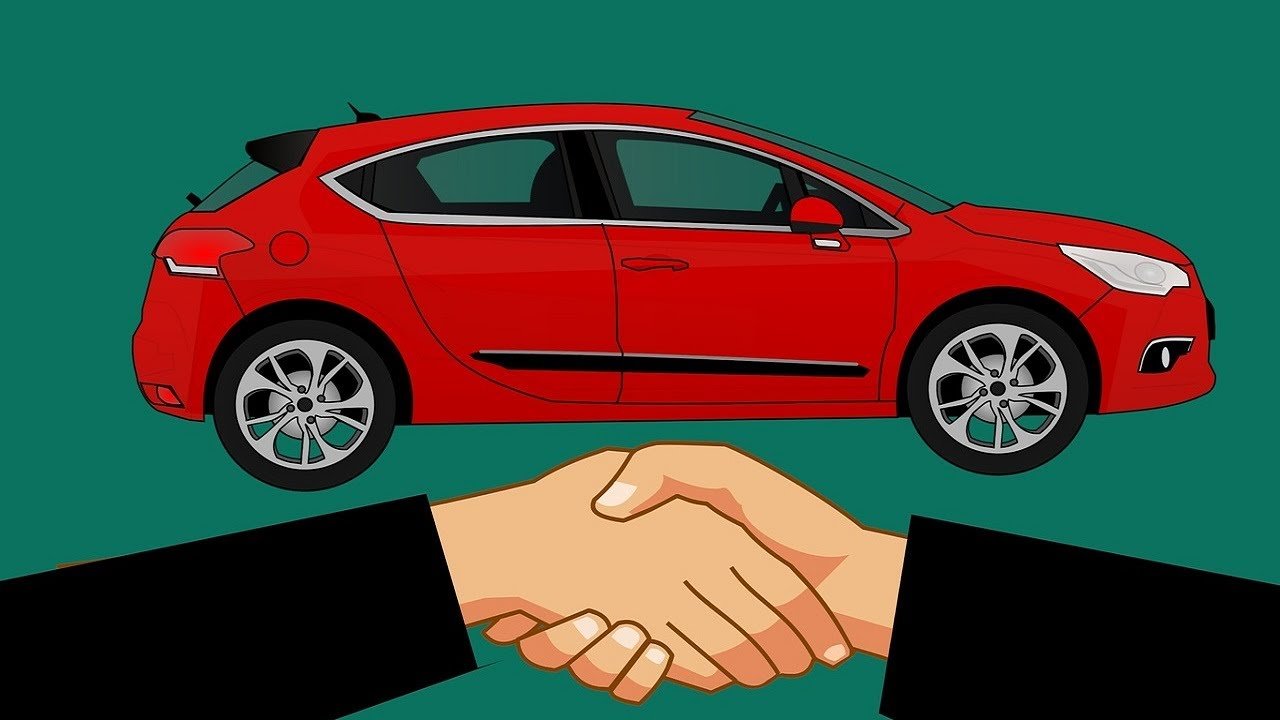
- Donate a Car Without a Title: Easy Steps to Help Others Today
- Top Charities for Car Donation: Make a Difference Today!
- Maximize Your Tax Benefits: The Smart Way to Donate Your Car
- Maximize Your Tax Deduction: How to Donate Your Car Today
- Top Charities for Car Donation: Make a Difference Today!
- Maximize Your Tax Savings: Car Donation Benefits Explained
Ever wondered what happens to donated cars? Let's uncover the truth today!
Understanding Car Donation
Donating a car is a generous act that can significantly benefit charitable organizations and those they serve. But what exactly does car donation entail? In essence, it involves giving your unwanted or unused vehicle to a charity of your choice. This process not only helps the charity but also provides you with potential tax benefits. However, it is crucial to choose a reputable charity to ensure your donation is used effectively.
The Car Donation Process
Donating a car is a straightforward process, but it involves several key steps to ensure everything is handled correctly.
Step-by-Step Guide to Donating a Car
- Initial Contact Reach out to the charity you wish to donate your car to. This can usually be done via phone or through their website.
- Vehicle Pick-Up Arrangements The charity will arrange for your vehicle to be picked up, often free of charge. This is a convenient option for donors.
- Title Transfer and Documentation You will need to transfer the title of the car to the charity. Proper documentation is essential to avoid any future liabilities.
- Receipt Issuance for Tax Purposes After the donation, the charity will provide you with a receipt. This receipt is crucial for claiming your tax deduction.
What Happens to Donated Cars?
Once your car is donated, it goes through a series of evaluations and processes to determine its best use. The fate of donated cars depends largely on their condition and the needs of the charity.
Inspection and Evaluation
Charities typically inspect and evaluate the condition of donated vehicles. This assessment helps them decide the most beneficial way to utilize the car. Vehicle history checks are also conducted to ensure there are no hidden issues.
Outcomes for Donated Cars
- Sold for Parts If the car is not in a drivable condition, it may be dismantled and sold for parts. This process not only recycles valuable components but also generates funds for the charity.
- Used by Charities Some charities use donated cars for their operations. For example, they might use the vehicles to deliver meals, transport goods, or provide transportation for those in need. This direct use can have a significant impact on community services.
- Sold "As-Is" Many donated cars are sold "as-is" at auctions. The proceeds from these sales are then used to fund various charitable programs. The resale value of the car can also affect the tax deduction you receive.
Tax Implications of Car Donations
One of the main incentives for donating a car is the potential tax deduction. However, understanding how these deductions work is essential for maximizing your benefits.
Understanding Tax Deductions
The tax deduction you receive depends on how the charity uses your car. If the car is sold, the deduction is based on the sale price. If the charity uses the car for its operations, you can deduct the fair market value. Proper documentation from the charity is crucial for claiming these deductions.
Common Misconceptions
There are several myths about tax benefits related to car donations. For instance, some people believe they can always deduct the car's full market value, which is not always the case. It's important to follow up with the charity to ensure accurate reporting and to understand the specific rules that apply to your situation.
The Impact of Donated Cars
Donating a car can have far-reaching effects, benefiting both the charity and the community.
Supporting Charitable Causes
Car donations contribute to various charitable initiatives. For example, the funds generated from selling donated cars can support programs for health, education, and community development. Real-life examples include providing transportation for low-income families or supporting vocational training programs.
Environmental Benefits
Recycling vehicles through donation can also have positive environmental impacts. By repurposing parts and materials, we can reduce waste and promote sustainability. This environmentally friendly approach helps minimize the carbon footprint associated with manufacturing new car parts.
Choosing the Right Charity for Car Donation
Selecting the right charity is crucial to ensure your donation makes a meaningful impact. Here are some tips to help you choose wisely.
Researching Charitable Organizations
Before donating your car, take the time to research potential charities. Look for organizations with a proven track record and verify their 501(c)(3) status. This ensures your donation is tax-deductible and used effectively.
Avoiding Scams
Unfortunately, not all car donation programs are legitimate. Be wary of charities that promise unrealistic benefits or fail to provide proper documentation. Ensure the charity is transparent about how they will use your donation.
Frequently Asked Questions
Donating a car is a generous act that can benefit both the donor and the charity. By understanding the car donation process, the potential tax benefits, and the impact on charitable causes, you can make an informed decision. Whether your car is sold for parts, used by the charity, or sold "as-is," your donation can make a significant difference. Consider car donation as a viable option for your unwanted vehicles and contribute to a worthy cause.
Sources of the Article
What Happens to Donated Cars? - Capital One
What Happens to Donated Cars? - Veteran Car Donations
Where Do Donated Cars Go? - Good News Garage
Here's What Happens When You Donate Your Car to Charity - The Motley Fool
What Happens to Cars That Are Donated to Charity - The Consumer Law Group
Guide To Donating Your Car - Charity Navigator
Donating your vehicle to charity - New York State Attorney General
What happens to a car after you donate it to charity? - Rawhide
Si quieres conocer otros artículos parecidos a What Really Happens to Donated Cars? Uncover the Truth Today! puedes visitar la categoría Car donation.
Leave a Reply
You must be logged in to post a comment.







Related posts